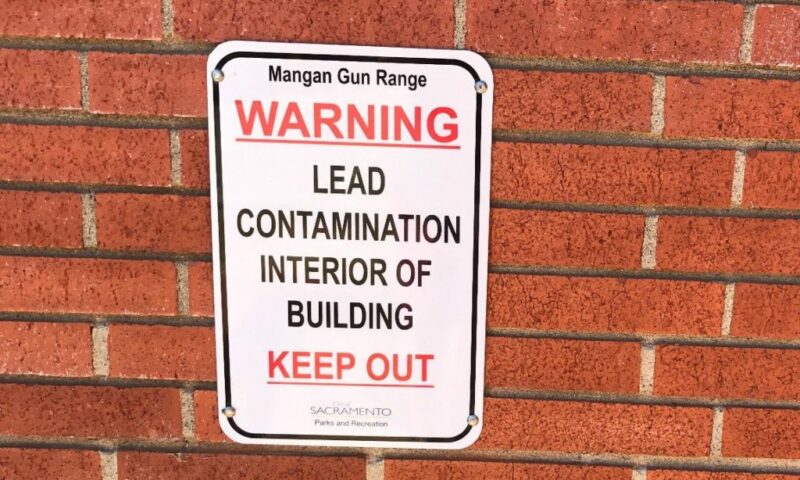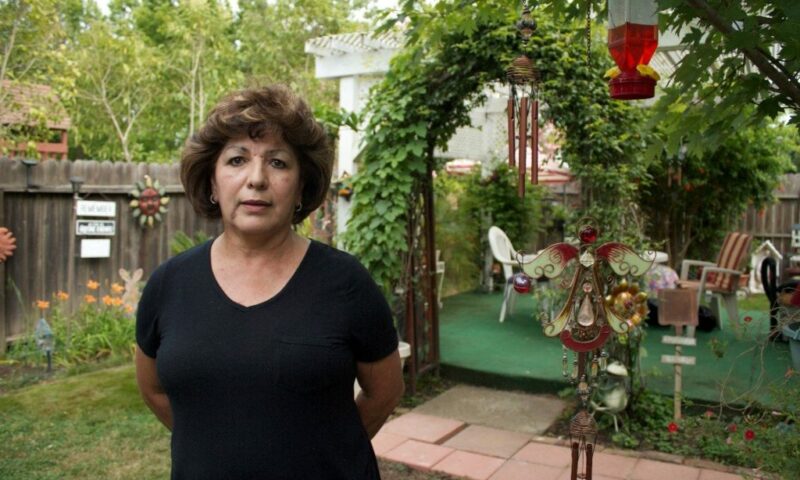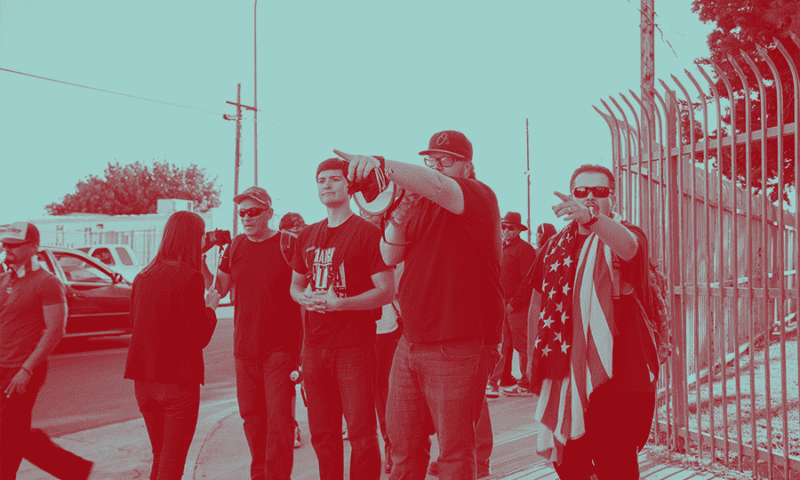

Many public health and climate activists insist that cap-and-trade offsets are a poor substitute for actual emissions cuts, and in fact, might be making pollution worse in some communities.


Promise after promise was broken when it came to protecting Sacramento’s workers and the public from lead hazards from a contaminated gun range housed in an aging recreational building.


A year-long Capital & Main investigation has found substantial evidence to suggest that Sacramento’s lead-contaminated public gun range was, at the very least, incompetently run and, at worst, may have been the victim of embezzlement.


A Capital & Main investigation has found that state health officials were aware of lead poisoning cases at Sacramento’s contaminated Mangan Park Gun Range 13 years before its 2015 closure — yet failed to take crucial steps that almost certainly would have forced the gun range to close much sooner.


Today Capital & Main publishes an investigative series on the failure of Sacramento and two state agencies to safeguard the public from the hazards of lead.


By cutting hundreds of millions of dollars in federal funding for mental health care and substance abuse treatment, President Trump’s budget would send more people to jail who don’t belong there.


A Shakespeare in the Park production of Julius Caesar has made an unexpected leap from Central Park’s outdoor Delacorte Theater to the echo chamber of right-wing media.


From making health care more affordable to this group, to allowing new college grads to stay on their parents’ insurance as they tinker with market-shaping innovations and ideas in their parents’ garages, the Affordable Care Act has been a game changer for entrepreneurship.


A fight over sanctuary cities is brewing in one of them — tiny Cudahy, located in Southeast Los Angeles County. Anti-immigrant groups hope to choke off municipal funds to punish the city, even if the Trump administration fails in its attempts to do so. BY ROBIN UREVICH


For over three years filmmaker/journalist Kelly Candaele has been documenting the construction of the Wilshire Grand Center, whose tower rises 1,100 feet into the air, making it the tallest building west of the Mississippi.